
 |
| John Metzler |
Describing the often “harrowing and horrific human rights violations” in the quaintly titled Democratic People’s Republic of Korea (DPRK) the report was tabled during hearings of the Geneva-based Human Rights Council.
UN Special Rapporteur on human rights in the DPRK, Vitit Muntarbhors, a Thai lawyer, presented his findings; “the abuses against the general population for which the authorities should be responsible, are both egregious and endemic.”
Importantly Mr. Muntarbhors stressed that the governmentshould cooperate with international aid agencies as to allow the long overdue and often blocked delivery of food and humanitarian assistance. He added that the regime’s recently imposed currency reevaluations had in fact caused “huge inflation” and “wider suffering.” Food shortages are commonplace and pledged international aid was not flowing freely to the needy.
Reports filtering out of North Korea state that the government Minister responsible for the currency reevaluation fiasco, Pak Nam-gi, has been purged and possibly executed by the ruling communists.
Muntarbhorn noted that while the government claimed that human rights were respected in the country, “different sources had indicated the existence of a conglomeration of huge camps for political prisoners and their families, often held there in perpetuity.” He added that the justice system was subservient to the State, and there was a systemic issue of human rights violations caused by the power base in the name of the State.
Needless to say that during his six year tenure monitoring human rights, the independent expert was not allowed access into North Korea. Following his presentation in Geneva, a North Korean diplomat stated bitterly, “The anachronistic Special Rapporteur had to be eliminated once and for all.” Given the source, should such a threat be taken literally?
Robert King, an American delegate, “found it lamentable that the Government of the Democratic People's Republic of Korea had not allowed the Special Rapporteur to visit the country. The United States agreed with the Special Rapporteur that the people of that country suffered under a pervasive state of fear, imposed by the State through its extensivesurveillance and informant system.”
Canadian delegate Alison Leclaire Christe stressed that the human rights situation in North Korea “remained a matter of grave concern for Canada. It was particularly disturbed by continuing reports of collective punishments, public executions, torture and arbitrary detentions, as well as by the harsh treatment of those who had left the country and had subsequently been repatriated.”
To say the least, Kim Jong-Il’s neo-Stalinist state, presents one of the worlds most pressing human rights concerns. Evoking the Soviet Union during the 1930’s or Mainland China during the height of the terror of Chairman Mao Tse-tung in the 1960’s, the DPRK goes even beyond the traditional totalitarian dictatorship.
North Korea remains a self- imposed Hermit Kingdom ruled by the elusive Kim dynasty.
During the deliberations, Lee Sung-joo of South Korea stressed, “The Republic of Korea shared the Rapporteur’s deep concern over the human rights conditions in the Democratic People's Republic of Korea, which showed no particular signs of improvement.” He added, “The human rights situation in that country remained serious and required the continued attention of the Council.” The Republic of Korea supported the renewal of the Special Rapporteur’s mandate.
Not surprisingly a number of delegations rallied to the DPRK among them, China, Cuba, and Sudan. A Syrian delegate added, “ It is astonishing that the Council was returning to the practice of targeting certain countries, as that was clearly politicized.” Many critics charged that the hearings were “politically motivated.” Politics in the UN?
The 47 member Human Rights Council is often criticized—but rarely when it turns its attentions towards Western countries.
The clear case of state-sanctioned abuse of its own citizens by the DPRK remains a hallmark of its rulers. While the UN Security Council has tried to contain Pyongyang’s nuclear proliferation, there’s been a nervous reluctance to confront the North on its vulnerable human rights record.
Allowing political sunshine into the dark corners of the DPRK’s State of Fear, is long overdue and a pressing moral responsibility of the international community.
John J. Metzler is a U.N. correspondent covering diplomatic and defense issues. He writes weekly for WorldTribune.com.
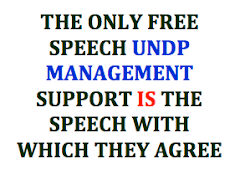


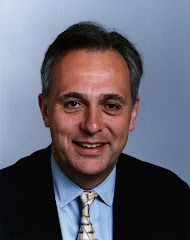
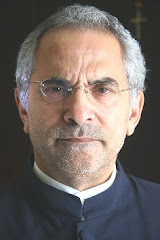

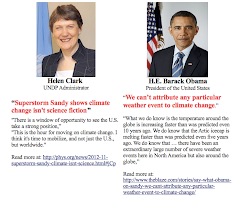














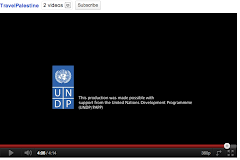

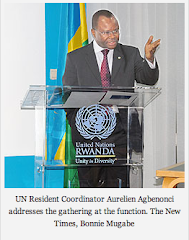

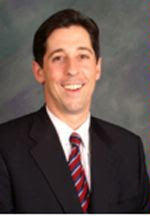

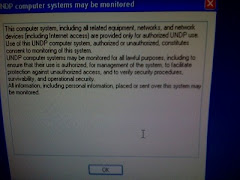

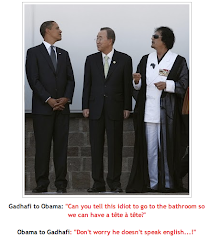
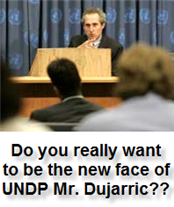





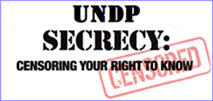
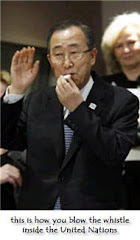
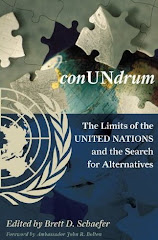

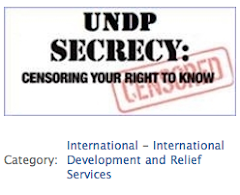
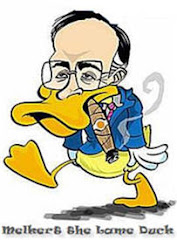


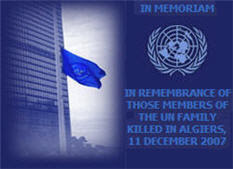


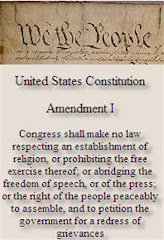
No comments:
Post a Comment